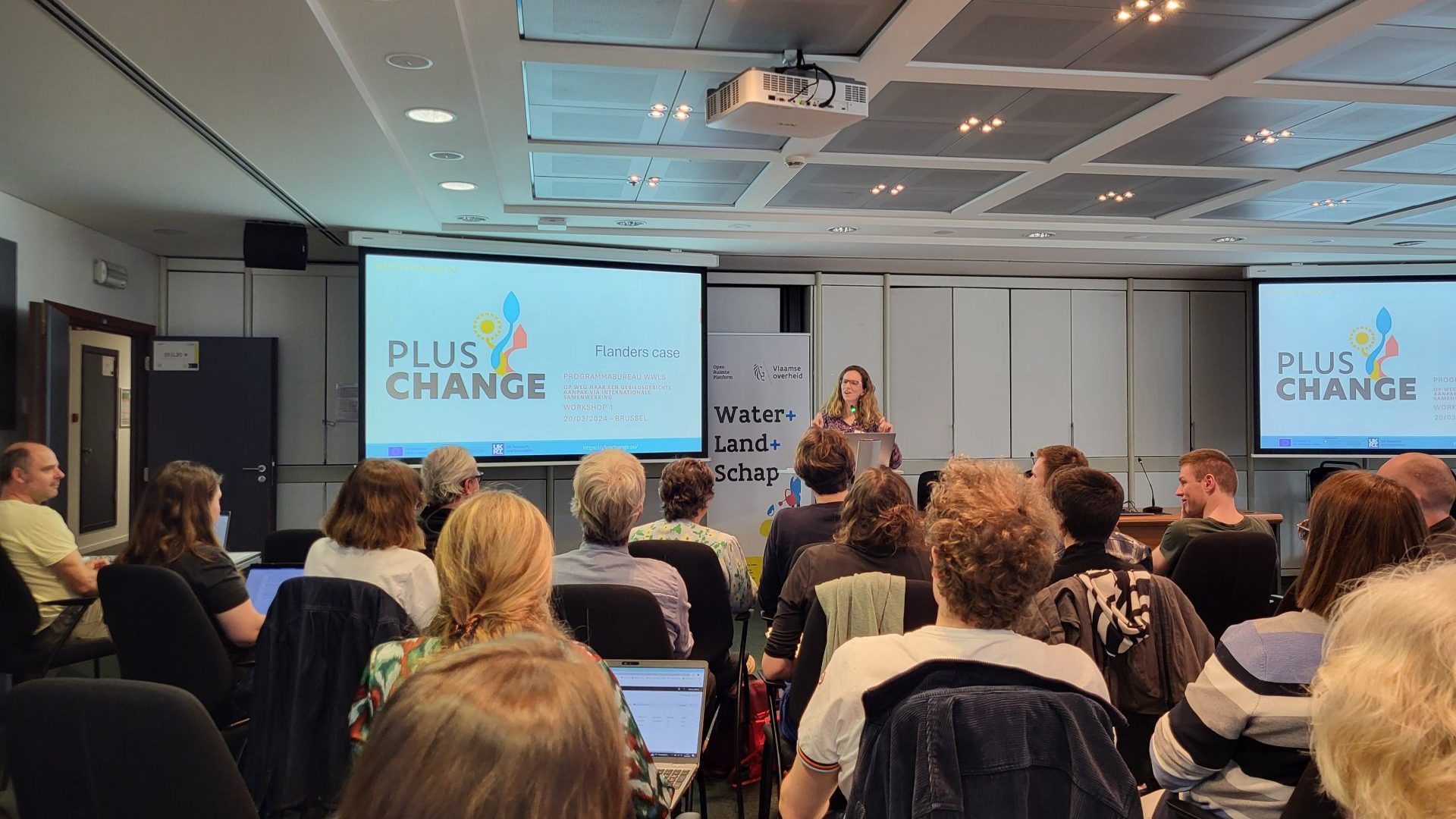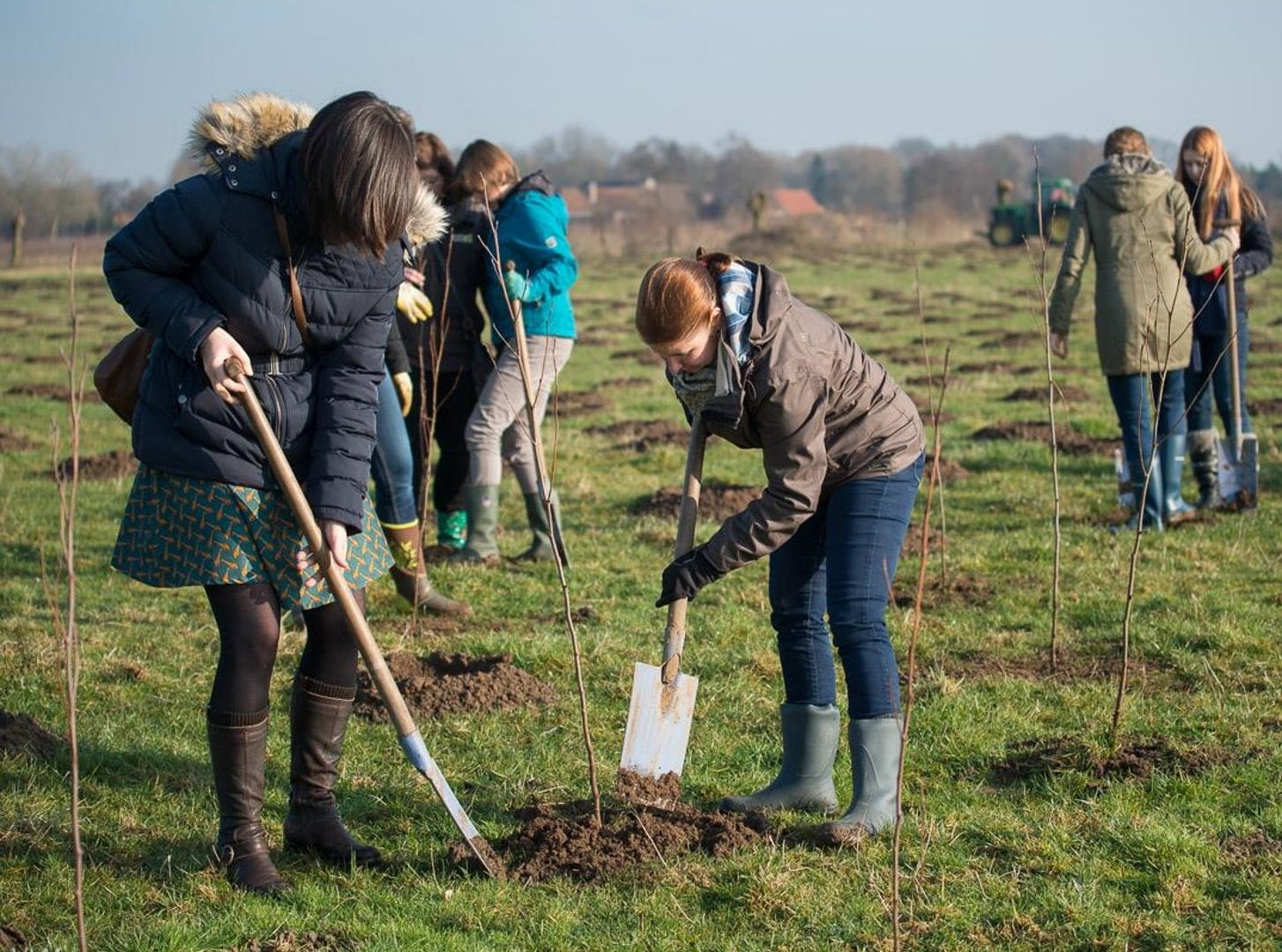
Flanders (BE)
Flanders is a primarily Dutch-speaking province in northern Belgium. With a population of 6.5 million and a total area of 13,500 km2, the region accounts for 57% of the country’s total population and 45% of Belgium’s territory, making it one of the most densely populated regions in Europe.
It is a region of economic significance and is home to a mix of urban centres, picturesque towns, and scenic countryside.
Focus area and Challenges
Flanders faces a range of challenges within its focus area that are closely tied to mitigating the effects of climate change. These challenges include delivering environmental goals related to soil sealing, habitat restoration, expansion of forest areas, establishment of national and landscape parks, and the management of floods and droughts. To address these challenges, Flanders aims to implement measures such as reopening streams and allowing them to meander freely, which can aid in improving water flow and restoring natural ecosystems. Additionally, collaborative efforts with farmers are being pursued to combat erosion and enhance soil health.

Objectives
The region’s primary objectives centre around the restoration of peatlands and enhancing the carbon content of the soil, with a broader focus on implementing effective land use planning in peri-urban areas of Flanders. The PLUS Change project is instrumental in pursuing these goals, utilizing an approach that is area-based, participatory, interdisciplinary, and multifunctional. To achieve these objectives, the project places a strong emphasis on supporting local initiatives and elevating the overall quality of the environment. It also seeks to improve the quality of life for the residents in the region.



